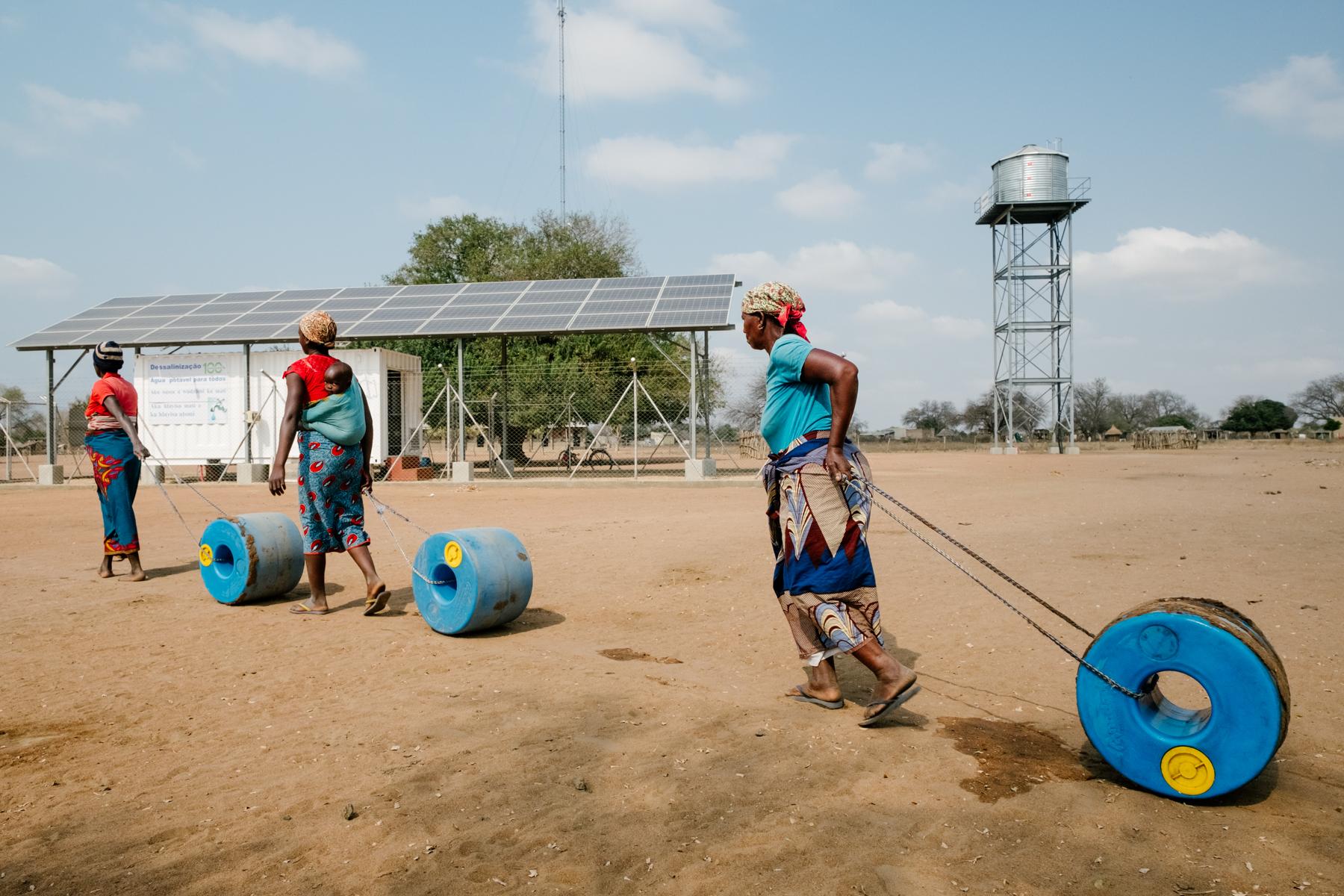Multi-Stakeholder approach for climate resilience and energy transition
Climate Energy
>
Mozambique show map
| Résumé projet | |
|
The Climate Energy project, multi-stakeholder approach for climate resilience and energy transition project in Mozambique aims at supporting an inclusive, evidence-based policy dialogue on climate resilience and energy transition. Lessons learned from the water, energy, loss and damage, and waste management/ circular economy sectors feed into the policy dialogue, which in turn influences local solutions, creating a feed-back loop. |
|
| Code | MOZ22005 |
| Date de début | 1 juillet 2023 |
| Date de fin | 1 juin 2028 |
| Phase | En cours |
| Bailleur | Belgium |
| Secteur | 43010 Multisector aid |
| Budget | 17 319 089.00 € |
Objectif général
Objectifs spécifiques
B - Result Area 2: The GoM, local authorities, communities and civil society are strengthened to design, resource, and implement evidence-based climate resilient and low-carbon oriented plans and budget with a focus on anticipating risks of losses and damages
C - Result Area 3 The access to sustainable and clean public energy services, especially in off-grid areas, is improved by learning from existing infrastructures and interventions, testing innovations and innovative business models, promoting the involvement of the private sector, and by facilitating additional investments in renewable energy provision
D - Result Area 4: The sustainability of climate-resilient drinking water supply and solar-powered irrigation systems in rural areas is improved through an appropriate engagement and support from districts, provinces, private sector, and local communities
E - Result Area 5 The GoM and the related actors involved in municipal waste management system at local level are supported and implement the national programme for sustainable waste management and promote a circular economy in selected municipalities and at national level
Actualités
Pas d'actualité



